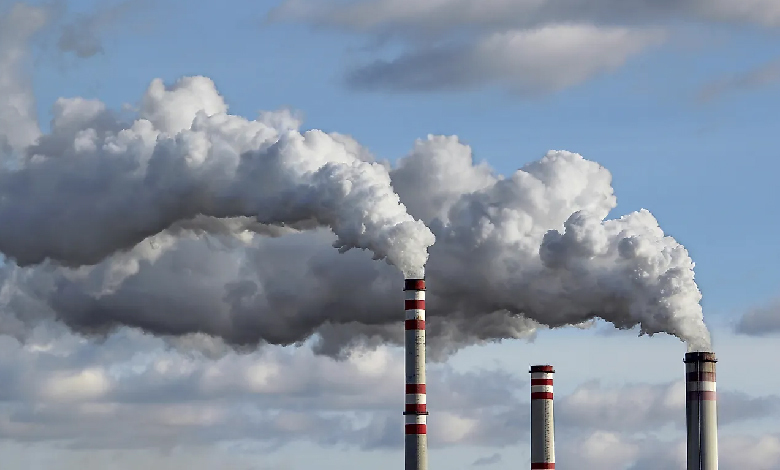During its participation at the COP28 Summit in Expo City Dubai, Bahrain highlighted a strong commitment to the national carbon neutrality strategy that seeks to reach zero carbon by 2060 and reduce carbon emissions by 30% by 2035.
The displays inside the Bahrain Pavilion at the Summit venue shine light on the initiatives the Kingdom has recently launched, including the Bahrain’s National Energy Strategy and a $750 million fund, apart from establishing the Safaa voluntary platform to offset emissions.
Improving Environmental Protection Across Bahrain
In October 2021, Bahrain’s cabinet announced the intention to reach net-zero carbon emissions by 2060 in an effort to address the challenges of climate change and protect the environment. It came just a day after Saudi Arabia said it planned to reach net-zero by the same date.
Bahrain has already reduced emissions while growing the national economy by placing clean, green and sustainable growth at the heart of Bahrain Economic Vision 2030. The Kingdom will adopt a circular economy bolstered by several offsetting schemes.
At the time, Dr Mohamed bin Mubarak Bin Daina, Special Envoy for Climate Affairs and Chief Executive of the Supreme Council for Environment, sought to highlight Bahrain’s firm commitment to protecting the environment.
He noted that the government is committed to ensuring an environment that promotes sustainable development, encouraging “other countries to join the global community in achieving sustainable development by unlocking the potential of a greener economy.”
Limiting Heating To 1.5C Above Pre-Industrial Levels
Dr Mohamed had underscored the importance of working together to limit global warming to 1.5 degrees Celsius above pre-industrial levels, adding that a multitude of measures have been undertaken to improve environmental protection across the Kingdom.
Read More: UAE: Sheikh Mohammed Unveils Plans For Electric Cars, Biodiversity & SAF
In the latest development, Mohammad Mezal, Environmental Specialist at Bahrain’s Supreme Council, stressed the need to provide incentives to reduce energy waste and resort to new and renewable energy, in addition to an initiative to increase the number of mangrove trees.


















